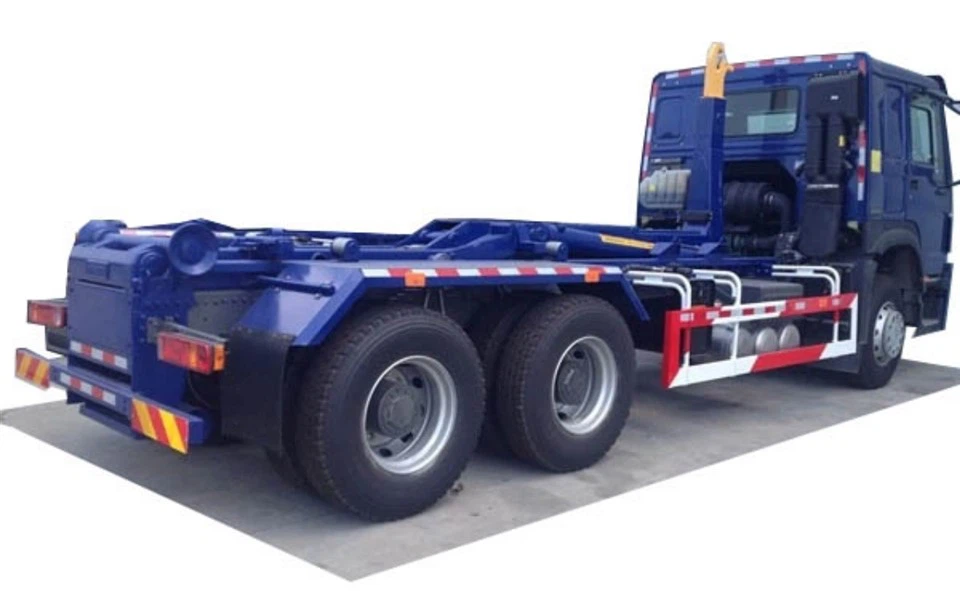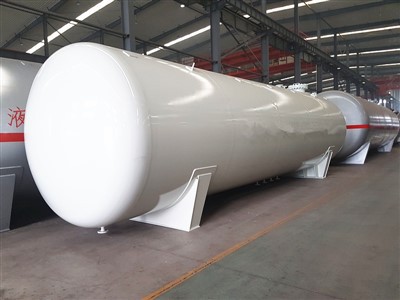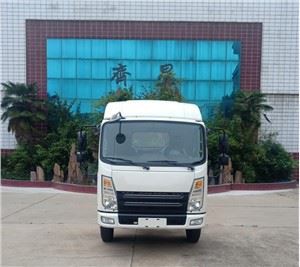Tanker Lorry: The Essential Guide to Understanding and Using Tanker Lorries

Introduction
Tanker lorries, also known as tank trucks or fuel tankers, play a crucial role in the transportation of liquids, including fuel, chemicals, and various other substances. These specialized vehicles are designed to carry large volumes of liquids safely and efficiently. In this article, we will delve into the many aspects of tanker lorries, including their design, functions, safety measures, and their importance in various industries. Whether you’re a logistics professional, a fleet manager, or simply curious about how tanker lorries operate, this comprehensive guide will equip you with all the necessary information.
What is a Tanker Lorry?
A tanker lorry is a commercial vehicle with a large tank mounted on its chassis, designed for the transportation of liquids. These vehicles are specifically engineered to maintain the integrity of the contents while ensuring safe transportation. Tanker lorries can be found in various industries, including fuel distribution, agriculture, and chemical manufacturing.
Types of Tanker Lorries
There are various types of tanker lorries based on their design and the liquids they transport. The major types include:
- Fuel Tankers: Used for transporting gasoline, diesel, and other fuels.
- Chemical Tankers: Designed to carry hazardous or non-hazardous liquids, including acids and solvents.
- Food-grade Tankers: Used for transporting liquids such as milk, juice, and other food products, made from materials safe for food contact.
- Water Tankers: Primarily used for the transportation of potable or non-potable water.
- Liquid Waste Tankers: Designed to transport sewage and other liquid waste materials.
Design and Structure of Tanker Lorries
The design of tanker lorries is crucial for ensuring safe transportation. Key structural components include:
- Tank: The primary container holding the liquid, often made of steel or aluminum.
- Baffling System: Internal baffles help to prevent the liquid from sloshing during transport, increasing stability.
- Pump System: A system to load and unload liquids efficiently.
- Valves and Hoses: Used to control the flow of liquids and facilitate the loading/unloading process.
Importance of Tanker Lorries in Various Industries
Tanker lorries are integral to several industries, playing a key role in supply chains by transporting essential liquids. Here are some of the industries where tanker lorries are particularly vital:
1. Fuel Distribution
Tanker lorries are extensively used in the fuel industry for transporting petroleum products to gas stations and commercial users. They ensure that fuel arrives safely and in a timely manner.
2. Agriculture

In agriculture, tanker lorries are used to transport fertilizers, pesticides, and liquid feeds. Their ability to carry large volumes helps farmers manage their resources effectively.
3. Chemical Manufacturing
In the chemical industry, tanker lorries are essential for transporting raw materials and finished products. These vehicles are equipped to handle hazardous materials safely.
4. Food and Beverage
Food-grade tanker lorries are crucial in transporting liquid foods, ensuring that products like milk and juices are carried hygienically and without contamination.
5. Municipal Services
Water tankers are used by municipal services to supply water for firefighting and other public needs. Additionally, liquid waste tankers assist in the safe disposal of sewage and industrial waste.
Operational Aspects of Tanker Lorries
Operating tanker lorries comes with its own set of challenges and requirements. Understanding these can significantly enhance safety and efficiency.
Licensing and Regulations
Drivers of tanker lorries must obtain special licensing due to the nature of the cargo. Regulations may vary by country but often include:
- Commercial driver’s license with a hazardous materials endorsement.
- Special training on handling and transporting hazardous materials.
Loading and Unloading Procedures
Proper loading and unloading procedures are essential to prevent spills and accidents. Key steps include:
- Inspect the tanker before loading for any damage or leaks.
- Ensure all valves and connections are secure before filling.
- Use proper equipment and techniques to unload liquids safely.
- Always wear appropriate personal protective equipment (PPE).
Maintenance and Safety Checks
Regular maintenance and safety checks of tanker lorries are crucial to ensure their operational efficacy. Common practices include:
- Regular inspection of the tank for leaks and structural integrity.
- Checking pump systems and hoses for wear and tear.
- Maintaining a log of inspections and maintenance performed.
Challenges and Risks Associated with Tanker Lorries
Despite their utility, tanker lorries carry inherent risks. Identifying and managing these challenges is vital for operators.
Accidents and Spills
Accidents involving tanker lorries can lead to catastrophic spills that pose environmental hazards. Preventative measures include:
- Regular driver training on safety protocols and emergency procedures.
- Implementing technology for real-time monitoring during transport.
Regulatory Compliance
Staying compliant with regulations and standards can be challenging but is essential. Organizations should regularly review:
- Local and national regulations regarding hazardous materials.
- Industry best practices for tanker operation and safety.
Market Volatility

The market demand for products transported by tanker lorries can be volatile, affecting logistics planning and costs. Operators should:
- Maintain flexible supply chains to adapt to market changes.
- Use data analytics for more accurate demand forecasting.
Choosing the Right Tanker Lorry for Your Needs
Selecting the appropriate tanker lorry requires careful consideration. Here are essential factors to consider:
1. Type of Liquid
The type of liquid being transported will determine the design and specifications needed for a tanker lorry. For example, food-grade tankers need to meet stringent hygiene standards.
2. Capacity Requirements
Consider the amount of liquid to be transported. A higher capacity tanker must be suitable for your supply chain demands without compromising safety.
3. Route Considerations
Evaluate the transport routes, including weight restrictions, road conditions, and proximity to loading/unloading locations. This affects the choice of tanker design and size.
Future Trends in Tanker Lorry Operations
As technology evolves, the operations of tanker lorries are changing. Here are some anticipated trends:
1. Enhanced Safety Technologies
Innovations in safety technology, including automated systems and real-time monitoring, will enhance operational safety and efficiency.
2. Sustainability Practices
With increasing awareness of environmental issues, there will be a push for more sustainable practices in tanker operations, including using eco-friendly materials and seeking alternative fuels.
3. Digital Transformation
Advanced logistics software and data analytics will optimize routing, scheduling, and fuel efficiency, improving overall supply chain effectiveness.
Practical Tips for Tanker Lorry Operators
Here are some practical tips that can help improve the operations of tanker lorries:
1. Regular Training for Drivers
Ongoing training ensures that drivers are up-to-date on safe handling procedures and emergency protocols.
2. Invest in Technology
Using GPS and telematics can help in monitoring vehicle performance and tracking shipments for better customer service.
3. Conduct Safety Drills
Regular safety drills can prepare drivers and staff in case of emergency situations, reducing response times and potential damages.
FAQ about Tanker Lorries
1. What types of liquids can be transported by tanker lorries?
Tanker lorries can transport a wide range of liquids, including fuels, chemicals, food products, and water.
2. Are there special requirements for driving a tanker lorry?
Yes, drivers usually need a commercial driver’s license and may need additional training for handling hazardous materials.
3. How do tanker lorries ensure the safe transportation of hazardous liquids?
They are equipped with safety systems, including baffling to prevent sloshing, secure valves, and safety training for drivers.

4. Can tanker lorries be used for transporting food products?
Yes, food-grade tankers are specifically designed to transport food products and must meet strict hygiene standards.
5. What is the role of technology in tanker lorry operations?
Technology improves safety, efficiency, and tracking within tanker operations, helping to ensure timely and safe deliveries.
6. What are the risks associated with tanker lorries?
The main risks include accidents, spills, and regulatory compliance issues, which require proactive management and safety protocols.
